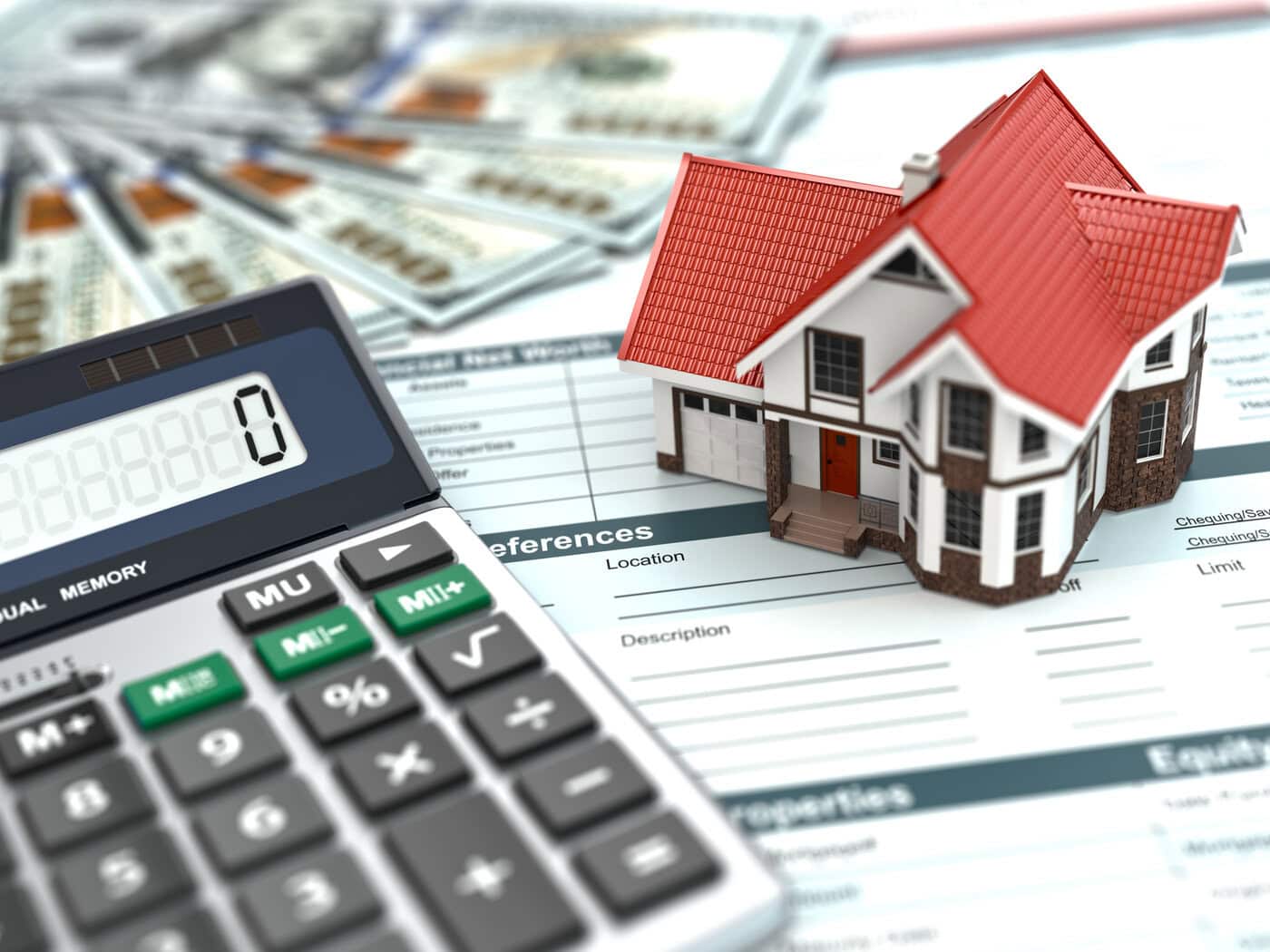Understanding and Managing Property Taxes

Understanding the factors influencing property taxes and strategies to manage these costs is important knowledge for first-time homebuyers and seasoned homeowners alike.
While the principal and interest portion of a fixed-rate mortgage payment doesn’t change from year to year, total mortgage payments can be impacted due to changing property tax obligations. When it comes to property taxes, it pays to be in-the-know.
What impacts property taxes?
Property taxes can change for several reasons, including changes in local government policies, market conditions, and property-specific factors. Here are some key factors that influence property taxes:
- Market Appreciation – If home values in your area increase due to demand, your home’s tax-assessed value may rise.
- Home Improvements – Renovations such as adding an additional bedroom, upgrading your kitchen or adding a deck can lead to a higher home value, and ultimately a higher tax-assessed value.
- Period reassessments – Some local tax authorities reassess properties on a periodic basis, leading to higher taxable values.
- Local Government Budgets – Municipalities may raise tax rates to fund projects such as building a school or a new park, or to improve community programs & services.
- Voter Approved Levies & Bonds – Local residents may vote for increased taxes to fund community projects.
- Tax Exemptions – If a tax break or exemption is reduced or removed, your tax liability could increase.
Due to these factors (and more), median property taxes vary greatly between (and within) the 50 states. Reference the visuals below, provided by the Tax Foundation to see how median tax rates and bills vary by State and County:
Strategies For Managing Property Taxes
Managing homeowner tax costs effectively can help you save money and maintain financial stability. Here are some key strategies:
- Leveraging Tax Exemptions - Research tax exemptions available in your area and check if you qualify. Some examples of commonly available exemptions include homestead, senior and veteran exemptions.
- Appealing Assessments – If you believe your property tax assessment is too high, you can challenge it by submitting an appeal. Be prepared to provide evidence of errors and/or examples of comparable sales to support your claim.
- Paying Taxes Through Escrow – Most mortgage lenders allow homeowners to spread tax payments over the year by including property taxes as part of the monthly mortgage payment. These funds are set aside in an escrow account and used to pay taxes, helping clients avoid the risk of a large lump-sum bill.
- Deferring Property Taxes – some states have programs that allow seniors and/or low-income homeowners to defer taxes until they sell the property.
- Monitoring Local Tax Changes – stay informed about tax rate changes or reassessments in your area to anticipate future increases.
Summit is here to support you in all stages of your homeownership journey. If you have homebuying questions or a home-financing need now or in the future, please contact a Loan Officer to get started.
For more great educational content, visit the Summit Mortgage Learning Center.
Summit Mortgage Corporation does not provide tax, legal or accounting advice. This material has been prepared for informational purposes only.


